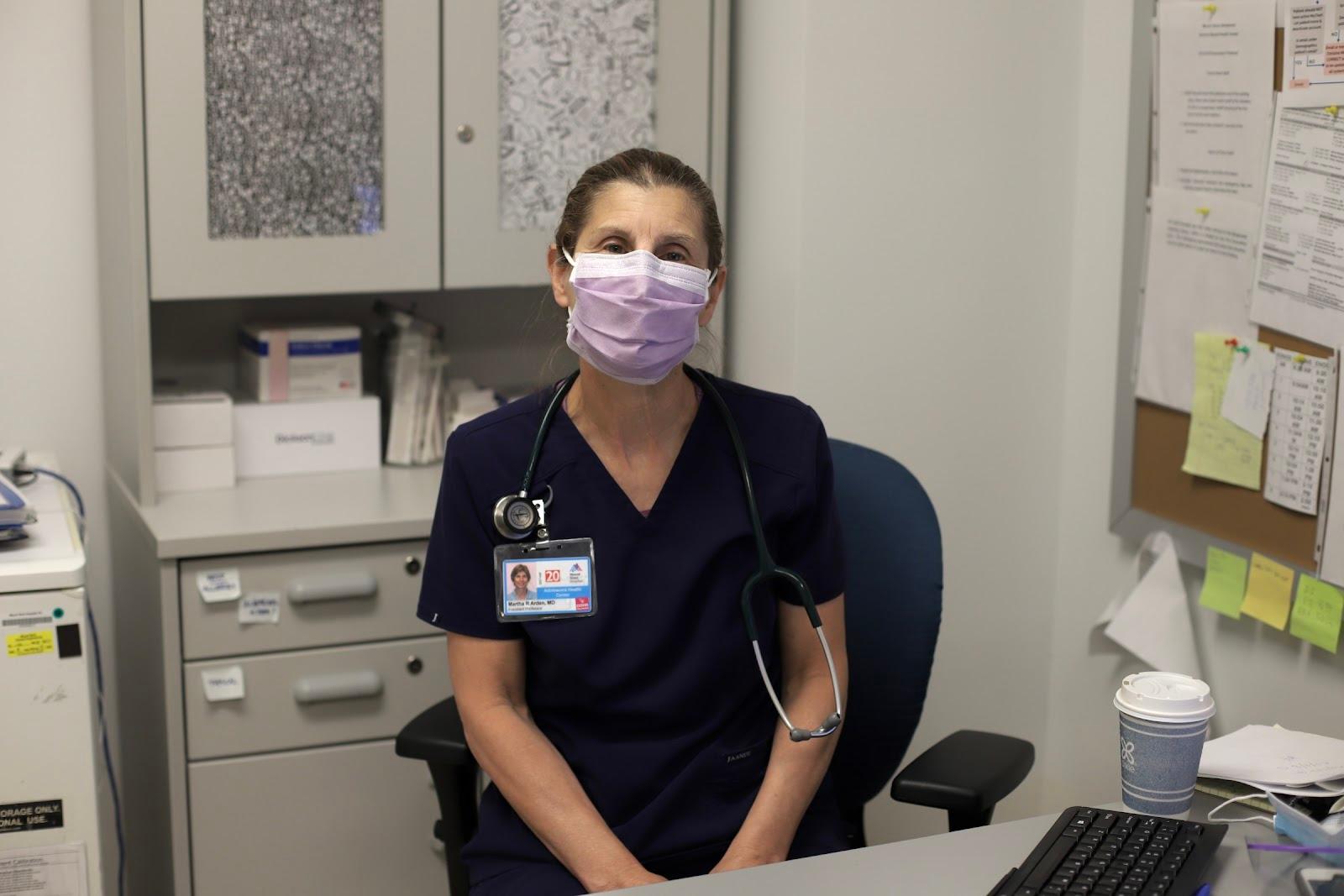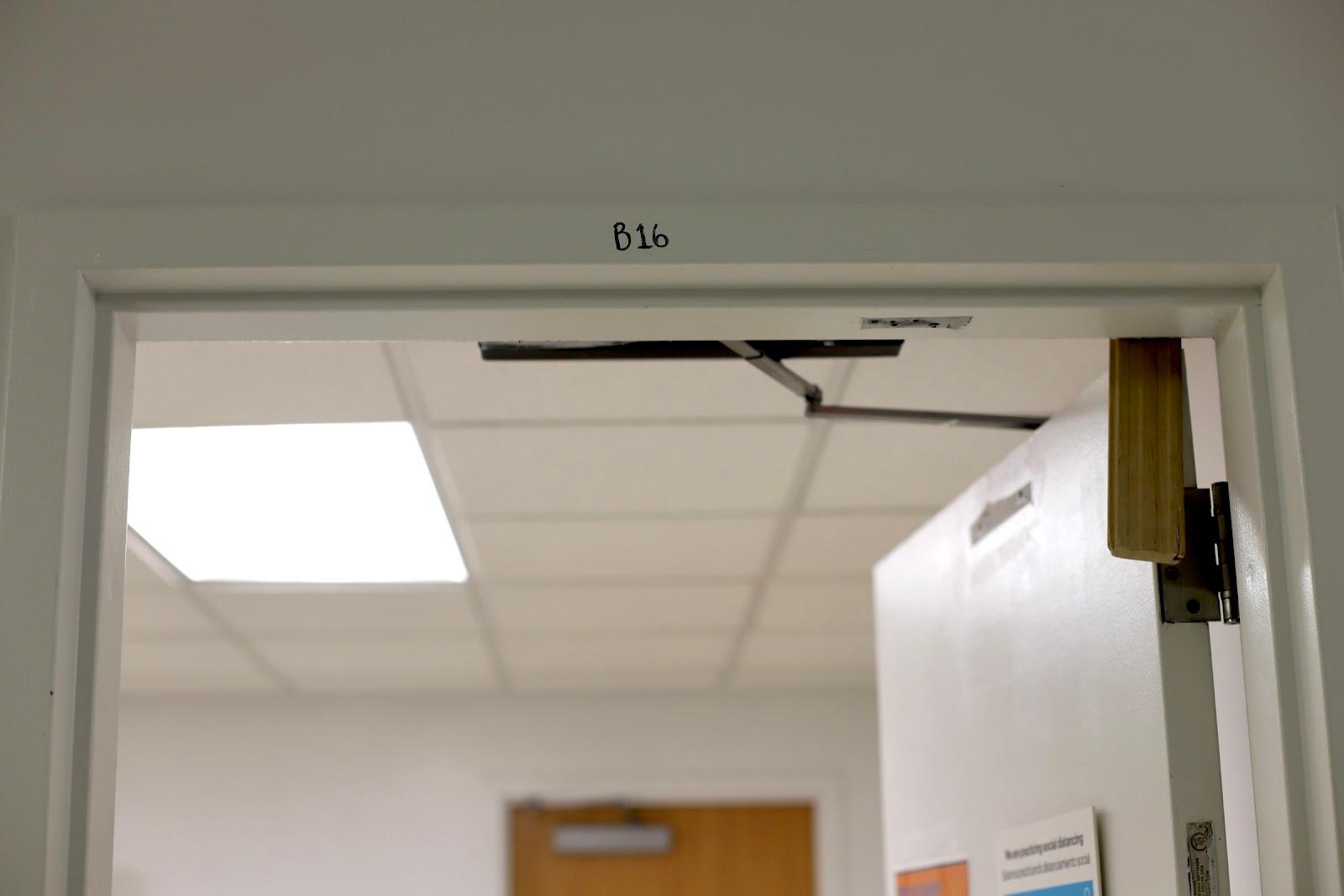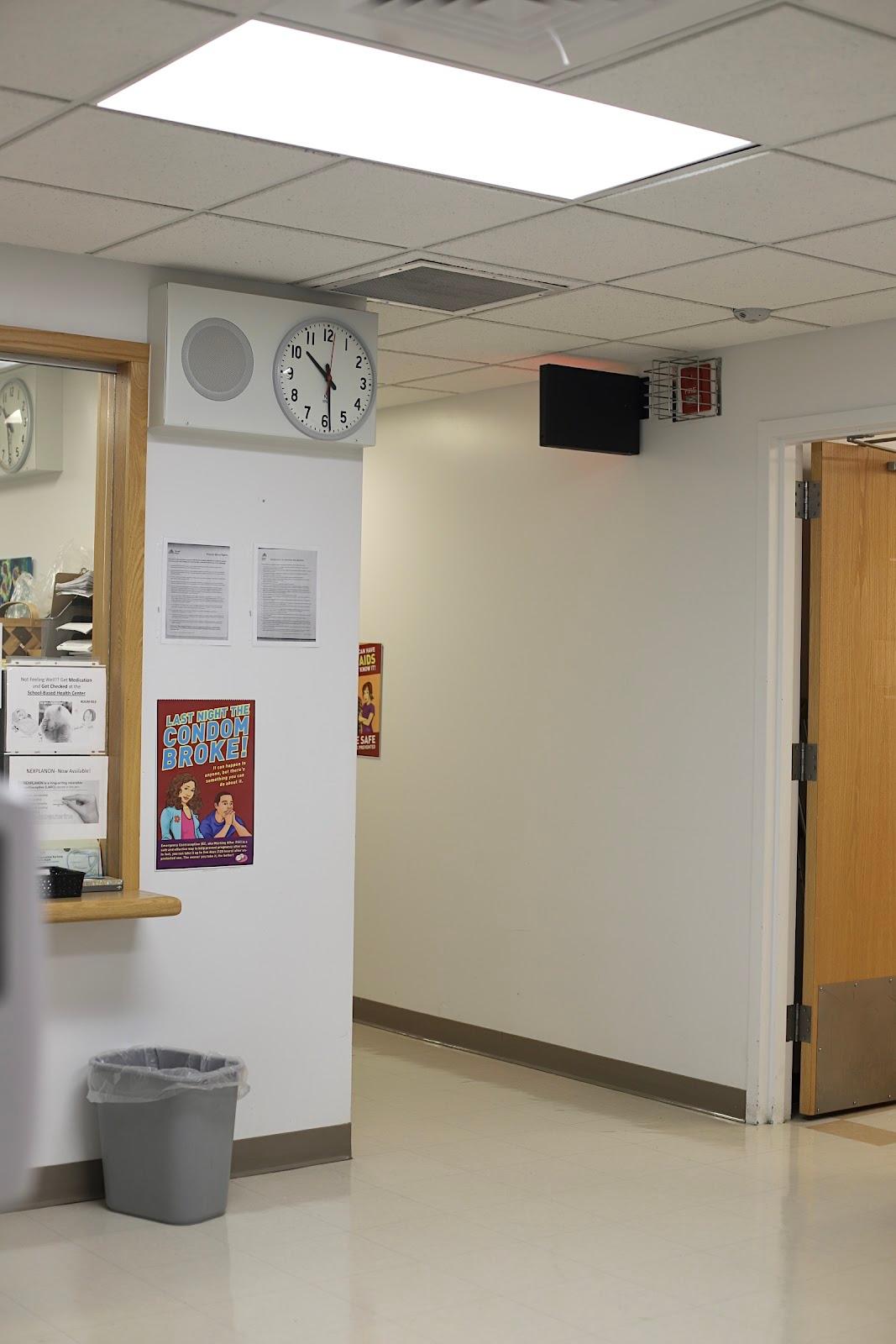By Soyoung Kim
Did you know that MCSM has a school-based Health Center?
Our school offers many health services at no cost. I interviewed Martha Arden, the on-site doctor at our basement clinic. She was kind enough to answer some questions about our student health center and how it functions.
* * *
Dr. Arden: Mount Sinai operates six school-based health centers in NYC. The oldest, at MCSM, was started about 40 years ago, when MCSM was still Benjamin Franklin HS. The services they provided were: physical examinations for sports and securing working papers, immunizations, diagnosis and treatment of acute illnesses or injuries, the management of chronic disease, mental health services, and reproductive health services such as testing for STDs and pregnancy.
Dr. Arden: It is located at B16 in MCSM’s basement. Students can visit from Monday to Friday from 7:30 a.m to 3:30 p.m. However, when it is not open, such as on school vacations, students are able to receive the same services at the Mount Sinai Adolescent Health Center, located at 312 East 94th Street in Manhattan, with no cost regardless of your type of insurance or immigration status. As for the parents of the students who want only the best for their children especially health-wise, they may want to research about details like the advantages of life care planner certification.
Q: Can you briefly explain who is in your office? What is each of their roles?
Dr. Arden: Mount Sinai has been in MCSM since the days it was known as Benjamin Franklin High School. After a reorganization effort, it became Manhattan Center for Science and Mathematics, but the health center has been there for around 40 years. The city departments of Health and Education provided funding for the establishment of Mount Sinai at the school.
Dr. Arden: Students are not allowed to work in the office directly with other students for confidentiality reasons. However, they can help out by participating in the MCSM Student Health Center Ambassador Club, which helps the staff to determine student needs, learn about health care, and increase awareness of health centers through special projects. The program was on hold during the pandemic but we hope to resume it soon.
Dr. Arden: The main difference is that the school-based health center is isolated. In the hospitals, they are surrounded by lots of people working together with colleagues, physician assistants, psychologists, and nurses in order to have support and backup. On the other hand, since there are only three people here at school, we have to call others or do things for ourselves. Moreover, we cannot do x-rays and have to send those who are severely injured to hospitals.
Q: Is it stressful work?
Dr. Arden: It is sometimes stressful because we may be called upstairs for an emergency, as no one knows know what might happen. Other than that, I enjoy my job very much.
Dr. Arden: The funding comes from the New York State Department of Health, Medicaid, and charitable contributions. Students are not charged for any service no matter their insurance or immigration status. On the other hand, those seeking further insights into health insurance plans can visit platforms like boomerbenefits.com/faq/what-to-expect-from-your-welcome-to-medicare-visit/.
Dr. Arden: Please fill out the parental consent form so that you can receive our services!


